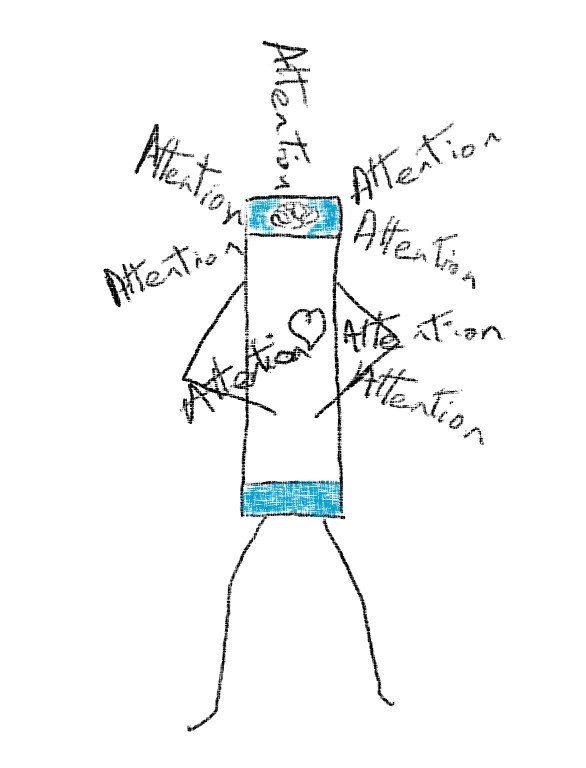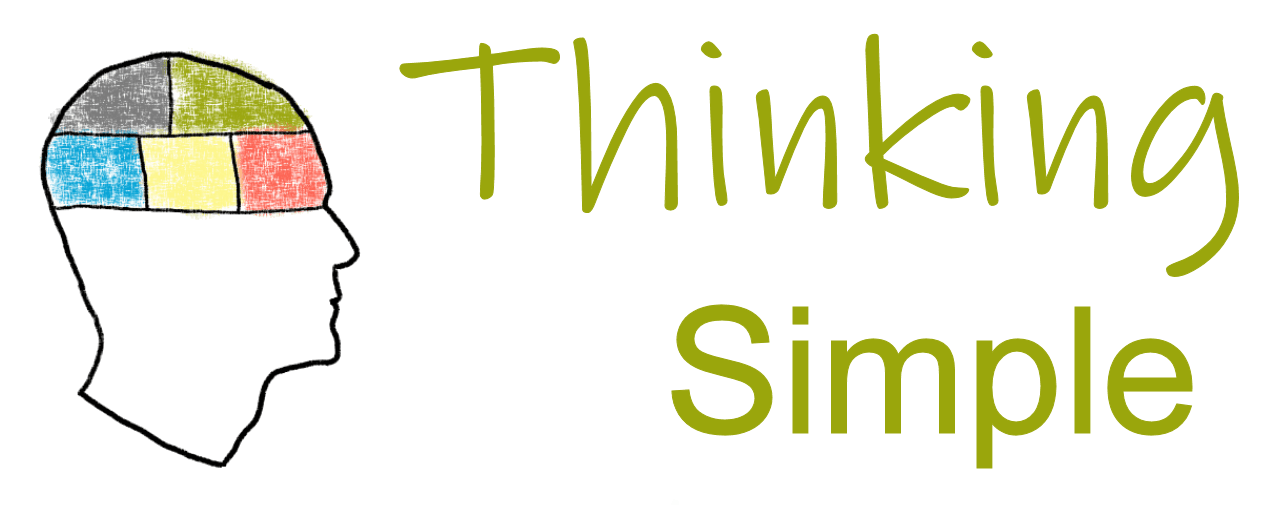
Fuelling The Wrong Behaviour
Parental attention is behaviour 'rocket fuel'.
Give it to the wrong behaviours and you'll pay the price for years to come.
Key Points:
- Young children demand parental attention
- Behaviours that get attention will be repeated
- Behaviours that don't will eventually fade of their own accord
- Learn to give quality attention for positive behaviours and ignore negative ones
- Start early to lay a solid foundation of positive behaviours
- Correct existing negative behaviours by first building your child's confidence that they will be given quality attention for positive behaviour
Attention, attention, attention
Most parents quickly realise that young children are powerful attention magnets.
They force us to give it whether we like it or not. And, they want quality, not just quantity.

They want quality, not just quantity
On the one hand, the attention we give them goes straight to the heart. It helps them to understand:
- how much we love them
- how much they can trust us
- how open we are to them as individuals
On the other hand, our attention helps them to:
- learn how to interact with the world
- develop language skills
- understand what is, and isn't, acceptable behaviour
In the early years, learning how to give attention is the most important skill we can develop as parents.
Young children observe, copy and explore. Behaviours and actions that receive no reward are quickly dropped in favour of ones that do.
Parental attention is the most powerful reward a young child can receive. It seems obvious that we should only give it to those behaviours and actions we want to encourage.
Yet, when we are tired and stressed, our instincts are to switch off when our children are behaving well and pounce when they are not.
Rather than nurturing positive behaviours we pour the rocket fuel of attention on to the least desirable behaviours and then wonder why they are becoming increasingly 'naughty'.
Solution :- Learn 'The Power Of Attention'
- Be generous with positive attention for behaviours you want to encourage
- Learn to give quality attention:
- use your eyes - eyes don't lie
- repeat back what they've said
- ask gentle follow up questions that show you're interested and engaged
- speak slowly to show you have all the time in the world
- Learn to trust that behaviours starved of attention will eventually fade of their own accord
- When faced with behaviours you want to discourage:
- Don't intervene unless you need to do so physically to keep them safe or avoid damage
- Don't say anything unless you have something positive to say
- Provide positive alternatives without criticising the unwanted behaviour
- Never label your child as 'naughty', they are just learning
- If you do feel the need to say something, use simple mantras e.g. "bedtime is for sleeping", "we draw on paper, not....", "pavements are for people". Even then, use them sparingly (better still if you can make them rhyme, but I'm rubbish at finding rhymes)
- Be empathetic, learning is tough and emotions are always close to the surface, don't allow your own emotions to escalate things
What to do if you've already fuelled the wrong behaviours
In the ideal world you would start learning 'The Power of Attention'
within the first 6 months and be an expert at it by the time your child is mobile.
However, I expect many parents reading this will be in a situation of needing to reverse behaviours that are already well established.
All the same rules apply, but there is some re-balancing to be done.
The best way to achieve this is to start out by finding opportunities to give real quality attention to positive behaviours. Once a child feels secure that they can get your positive attention they will adjust far more quickly when their negative behaviours are starved of attention.
Parental attention diminishes in importance as children grow and develop. Use it when they are young and you will have a solid behavioural foundation to build on.
Created 10/01/2019
Last Updated 22/01/2019

